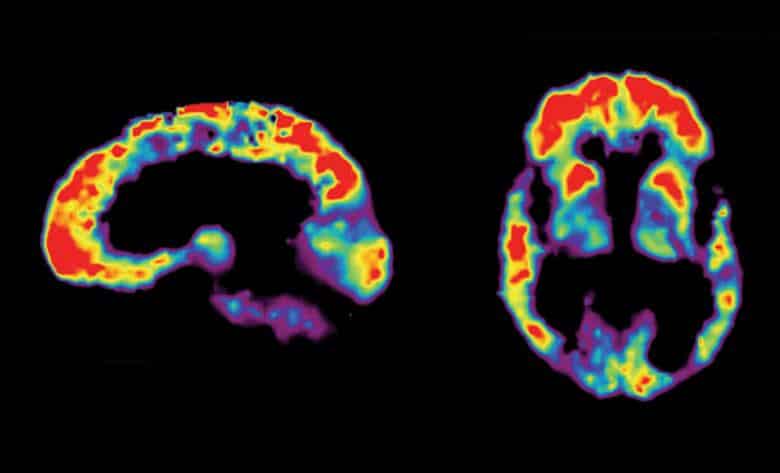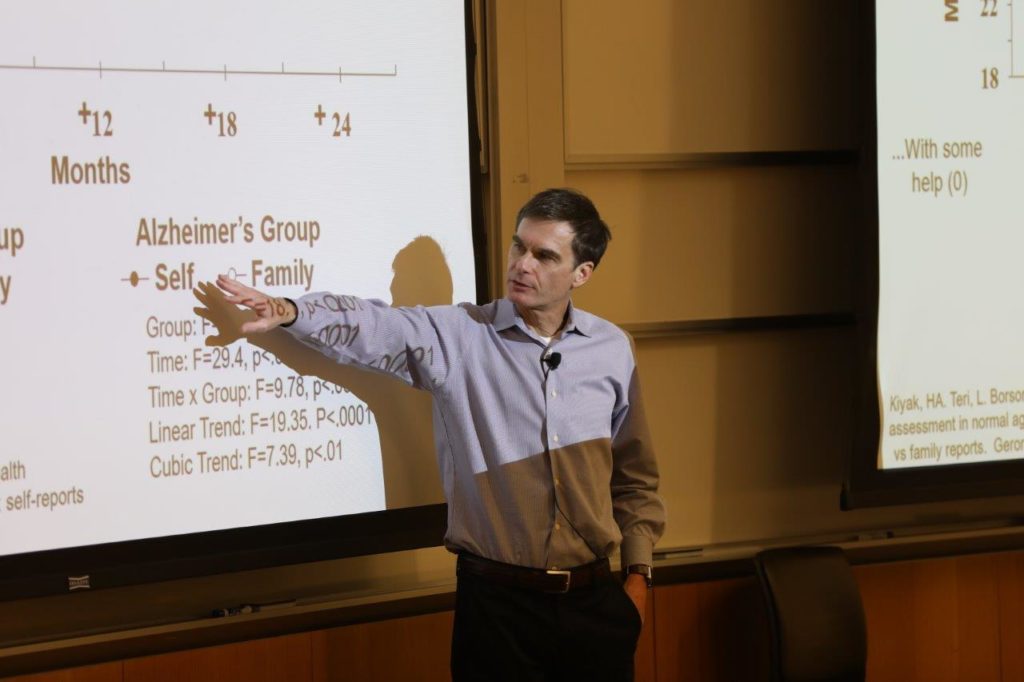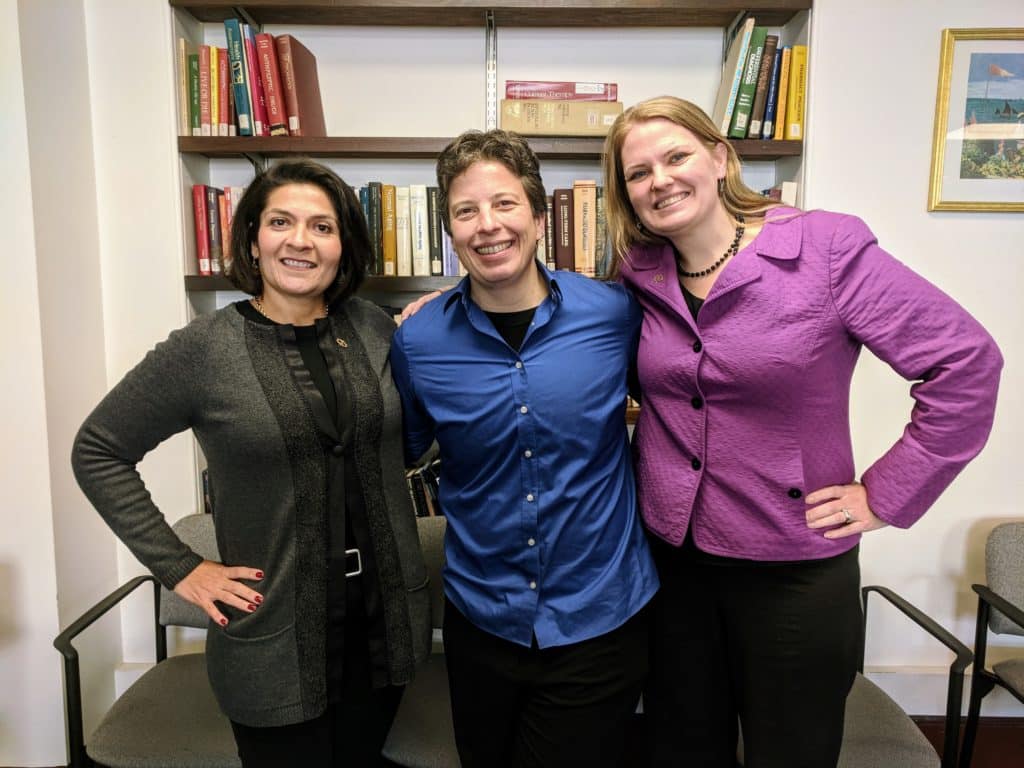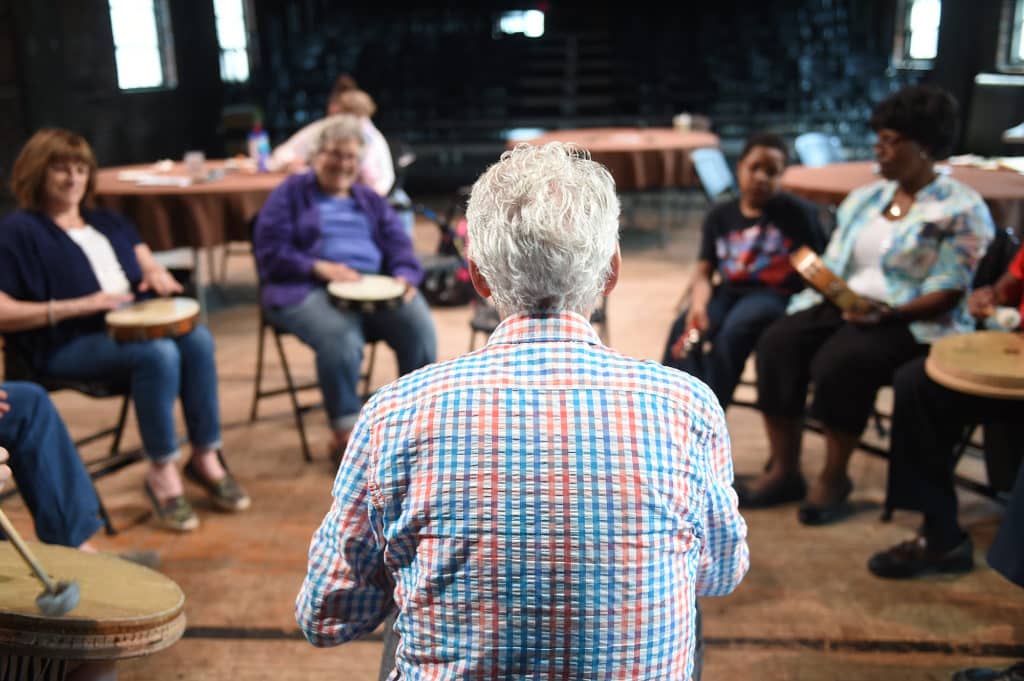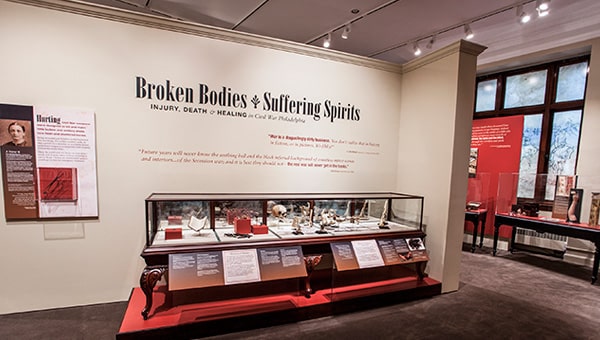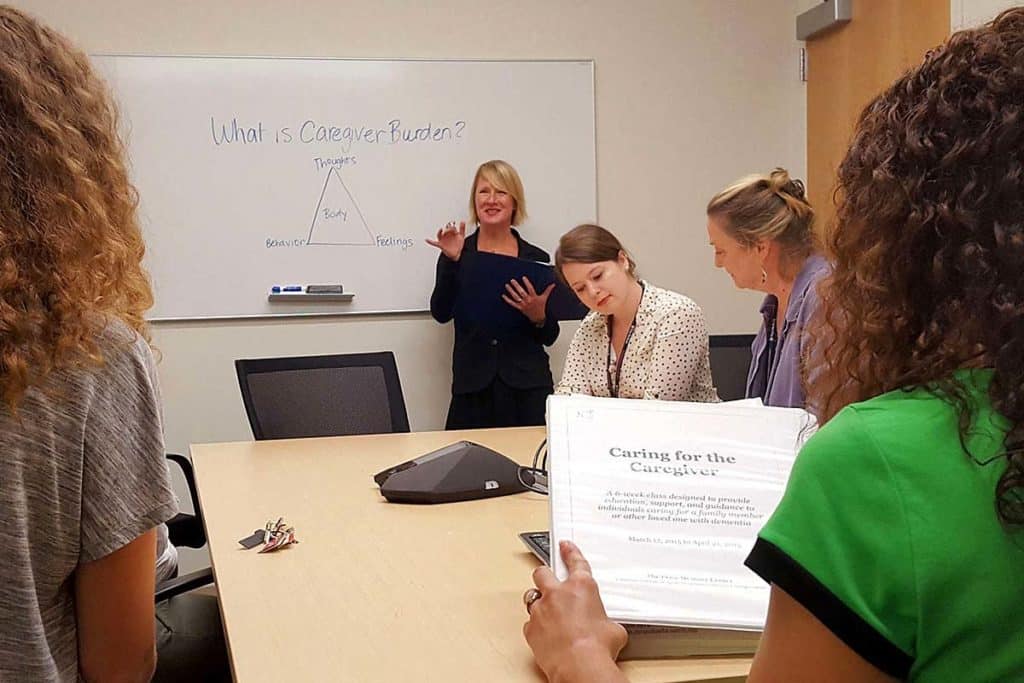By Joyce Lee
I don’t have Alzheimer’s, at least not yet, but when I do, will you still read what I have to say?
This is the question posed in the latest Forbes column by Dr. Jason Karlawish, co-director of the Penn Memory Center.
What he’s getting at is the pervasive stigma that surrounds the disease. A stigma that also “spills over” to the families and caregivers of those with the disease. A stigma that can lower the quality of life of patients with the disease, that can prevent them from coming into memory centers like PMC to get diagnosed or participate in research.
This stigma will change, one way or another, Dr. Karlawish writes, for the way we diagnose Alzheimer’s disease is changing. And the definition of Alzheimer’s disease is shifting.
